
Book a Consultation
Thank you!
Your form has been sent successfully.

According to the American Cancer Society, approximately 1% to 2% of all lung cancers are carcinoids. Carcinoid tumors, also called neuroendocrine tumors, arise from neuroendocrine cells. These tumors can appear anywhere in the body, just like other types of cancer. Their primary place of origin is usually in the small intestine, stomach, appendix, rectum, and lungs. Symptoms of this disease typically appear in the late stages of the disease. Symptoms like diarrhea or skin flushing are generally noticed when these tumors release hormones in the body.
Unlike other parts of the body, carcinoid tumors form slowly in the digestive tract, where neuroendocrine cells are greater than elsewhere. Depending on their growth rate, spread, and hormone production, carcinoid tumors behave differently as listed below:
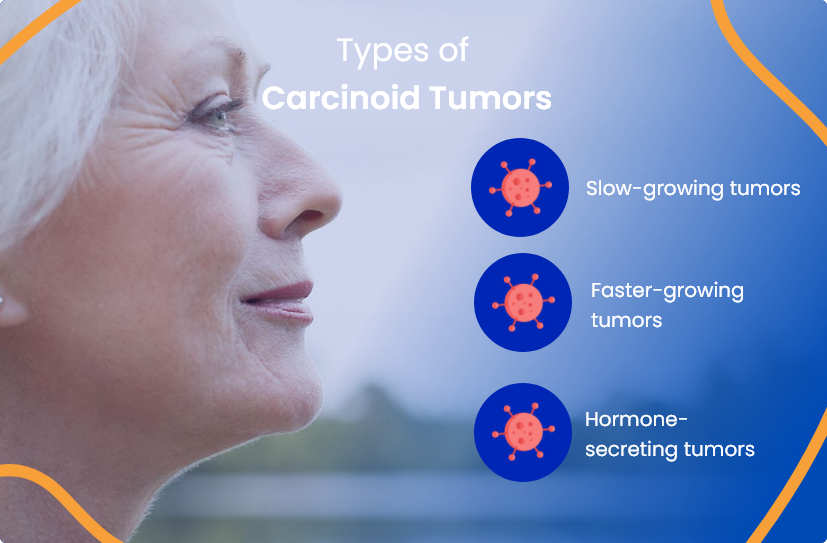
A carcinoid tumor grows slowly in most cases. The majority of them remain small, about an inch wide. They also do not spread to other parts of the body or grow rapidly.
This type of tumor grows more rapidly, becomes larger, and spreads more quickly compared to slow-growing ones.
These produce a hormone called serotonin. Due to the production of serotonin and other hormones, people affected with hormone-secreting carcinoid tumors show symptoms. This is known as carcinoid syndrome.
The following are some of the most common symptoms of carcinoid tumors:
 Wheezing
Wheezing
 Chest pain
Chest pain
 Diarrhea
Diarrhea
 Shortness of breath
Shortness of breath
 Increase in weight, specifically around the upper back and midsection
Increase in weight, specifically around the upper back and midsection
 Skin flushing - the feeling of warmth and redness on the neck and face
Skin flushing - the feeling of warmth and redness on the neck and face
 Abdominal pain
Abdominal pain
 Rectal bleeding and pain
Rectal bleeding and pain
 Nausea along with vomiting
Nausea along with vomiting
 Difficulty in bowel movement
Difficulty in bowel movement
Carcinoid tumors can be treated in various ways. These include:
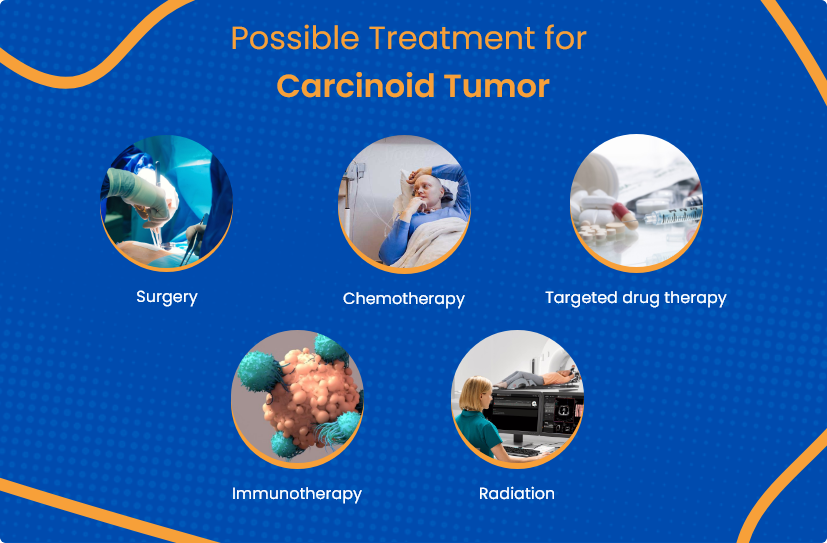
Doctors may prescribe medicines to control excessive hormone secretion and thereby, alleviate the symptoms and reduce the growth of cancerous cells.
Surgery may be recommended if the tumor is detected at an early stage. In some cases, surgery is recommended to control the symptoms of the carcinoid tumor.
In chemotherapy, the tumor cells are destroyed using strong drugs. The treatment can be combined with other cancer treatments, such as surgery or radiation therapy.
This type of treatment focuses on eliminating the specific abnormalities occurring inside the tumor cells. These cells are destroyed when the abnormalities are blocked by targeted drug treatments.
It strengthens your body’s immune system in order to recognize and eliminate cancer more effectively. Immunotherapy can be provided in various forms like cancer vaccines, targeted antibodies, cytokines, and adoptive cell transfer, among others.
A machine emits high-energy X-rays that destroy cancer cells. It can also use protons or other types of energy. In this type of treatment, the high-energy beams target the cancer cells and destroy the genetic material that aids in their growth.
Carcinoid tumors are often detected by accident when people are conducting tests for other diseases. Tests that are performed to diagnose this disease are:

Patients with carcinoid tumors have excessive levels of certain chemicals and hormones in their urine. The test is done to confirm the presence of such substances.
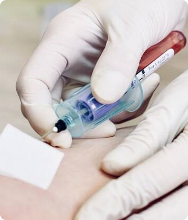
Anyone afflicted with a carcinoid tumor will have high levels of hormones, like chromogranin A (CgA), cortisol, and serotonin in their blood. The hormones are secreted as byproducts by the tumor inside the blood.
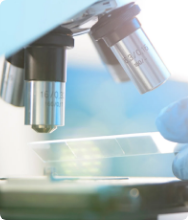
A biopsy is an integral part of the diagnostic process. In this procedure, a small sample of tissue is removed from the body and examined under a microscope to confirm cancer.
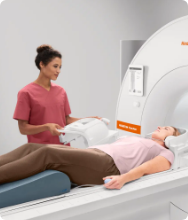
Imaging tests like positron emission tomography (PET), computerized tomography (CT) scan, and magnetic resource imaging (MRI) are required to know the precise location of the tumor. In addition, an MRI is capable of measuring its size.
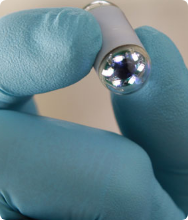
For this, the patient must swallow a tablet that has a tiny camera installed inside it. This helps the doctor get a view of the small intestine where the tumors may be located.
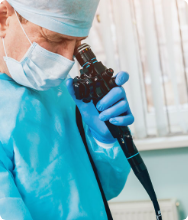
Colonoscopy involves the use of a thin, lighted tube which is inserted into the rectum to get a clear view of the changes in the large intestine and rectum. Some tissues may be removed and examined under a microscope to confirm cancer.
The cancer specialists at ACTC in Florida offer outstanding patient care by prescribing personalized and evidence-based treatment plans tailored to individual patients' needs. We aim to foster a positive environment that focuses on physical and mental health throughout a patient's journey.
The following are our providers who you can consult at ACTC:

Hematology/Oncology

Hematology/Oncology

Radiation Oncology

As one of Florida's leading advanced cancer centers, we understand how a cancer diagnosis and treatment impact a person's physical and emotional well-being. Therefore, we work hard to make patients with all forms of cancer and their families feel secure. We provide comprehensive treatment for carcinoid tumors at ACTC, including screening, diagnosis, staging, treatment, and long-term follow-up, all in one convenient location. Our physicians are backed up by qualified clinical staff with over two decades of experience and a reputation for providing individualized treatment.
Schedule a consultation by calling
 352-345-4565
352-345-4565
A carcinoid tumor is cancerous, but it may not be detected for years, so it has been called cancer in slow motion. Symptoms of carcinoid syndrome can occur in rare cases after a carcinoid tumor has spread.
If a patient has carcinoid syndrome, it usually means cancer has spread, most often to the lungs or liver. If the tumor is detected at an early stage, the doctor can remove it by performing a surgery. Furthermore, choosing the right treatment option can alleviate the symptoms and help you live better.
Carcinoid tumors are typically caused by sporadic mutations in oncogenes or tumor suppressors. If a mutation occurs after a person is born and is not inherited, it is called sporadic. Mutations in the DNA can result in oncogenes being switched on or tumor suppressor genes being turned off, causing cancer. As a consequence, the cells grow in a large number. A carcinoid tumor usually results from changes in many different genes.
Schedule a consultation by calling
 352-345-4565
352-345-4565